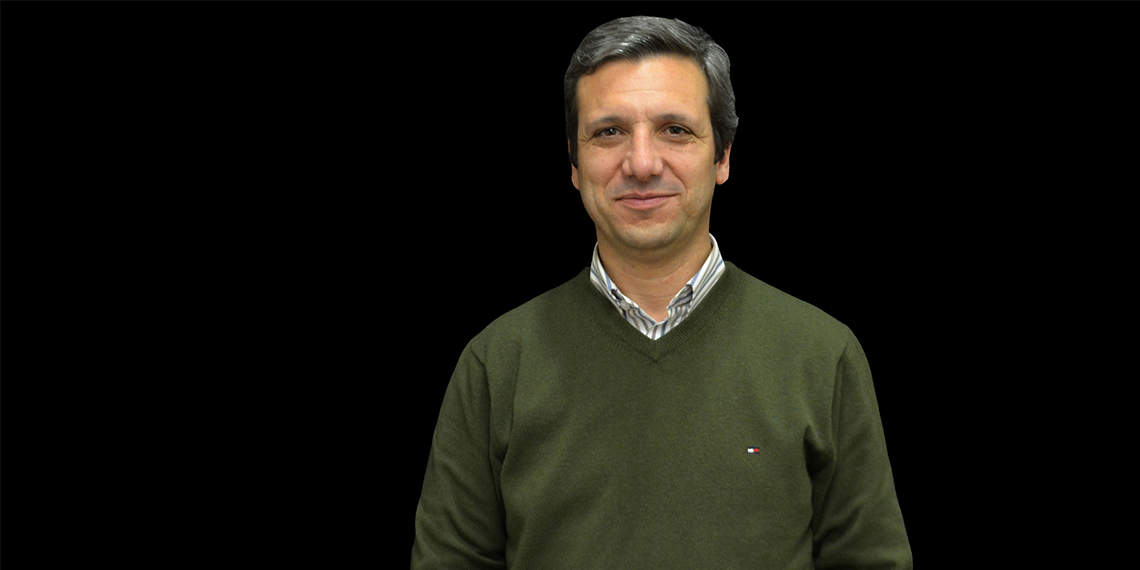The last few weeks have been times of great change, allowing us to witness an INESC TEC and a world hitherto unknown.
We realised that we are able to work remotely and in groups, while maintaining high activity and efficiency levels. We no longer have problems related to physical spaces, insufficient meeting rooms or incompatible personal agendas. We found out that colleagues from other cities are now able to participate in our internal meetings. We discovered that we are an institution that mobilises for great causes. We realised that we have an unusual ability to rally external agents and coordinate teams. We verified that society truly acknowledges our work.
However, we miss the occasional talks and the lunch breaks. We are severely limited as to our ability to work in the laboratory or with hardware, and some of our projects are falling behind because of that – or the fact that our partners failed to adapt as well as we did. We lose heart because we’re forced to stay at home, under pressure.
Moreover, external threats are real and relevant: partners who resort to our R&D services will go through an unfavourable period. The deadlines for the submission and consequent approval of projects are being postponed, and many of the conferences and visits we rely on to create new R&D opportunities have been postponed or cancelled. The exam dates for our students and potential employees might be delayed. Despite our experience in managing the 2011 crisis, it is hard to estimate the impact of these threats.
Nevertheless, we are expecting extraordinary opportunities. After the globalisation, the world rediscovered what is local and combined it with what is global, namely through teleservices. Over the past few weeks, the world made intensive use of the technologies we have mastered: communications, computers, electronic and information systems, electricity or digital media. In addition, people are more aware of the value of public systems and infrastructures, and will certainly advocate their improvement – in an informed manner and with the collaboration of scientists. The post-lockdown world will be different from the pre-lockdown one: it will mutate. Knowing that our knowledge is a key agent of said change, it is up to each one of us to decide how we will contribute to it. This will be a good opportunity to reiterate the value of our knowledge and to contribute to solving some of the great problems of humankind and the planet.
We must establish plans to address external threats and define R&D strategies that benefit from or define the opportunities that lie ahead, according to our qualities and fundamental knowledge. We will rise again – like the phoenix.
Manuel Ricardo, Member of INESC TEC Board of Directors
—
“There is one, a bird, which renews itself, and reproduces from itself. The Assyrians call it the phoenix. It does not live on seeds and herbs, but on drops of incense, and the sap of the cardamom plant. When it has lived for five centuries, it then builds a nest for itself in the topmost branches of a swaying palm tree, using only its beak and talons. As soon as it has lined it with cassia bark, and smooth spikes of nard, cinnamon fragments and yellow myrrh, it settles on top, and ends its life among the perfumes. They say that, from the father’s body, a young phoenix is reborn, destined to live the same number of years. When age has given it strength, and it can carry burdens, it lightens the branches of the tall palm of the heavy nest, and piously carries its own cradle, that was its father’s tomb, and, reaching the city of Hyperion, the sun-god, through the clear air, lays it down in front of the sacred doors of Hyperion’s temple”- Metamorphoses, Book XV, Ovid




 News, current topics, curiosities and so much more about INESC TEC and its community!
News, current topics, curiosities and so much more about INESC TEC and its community!